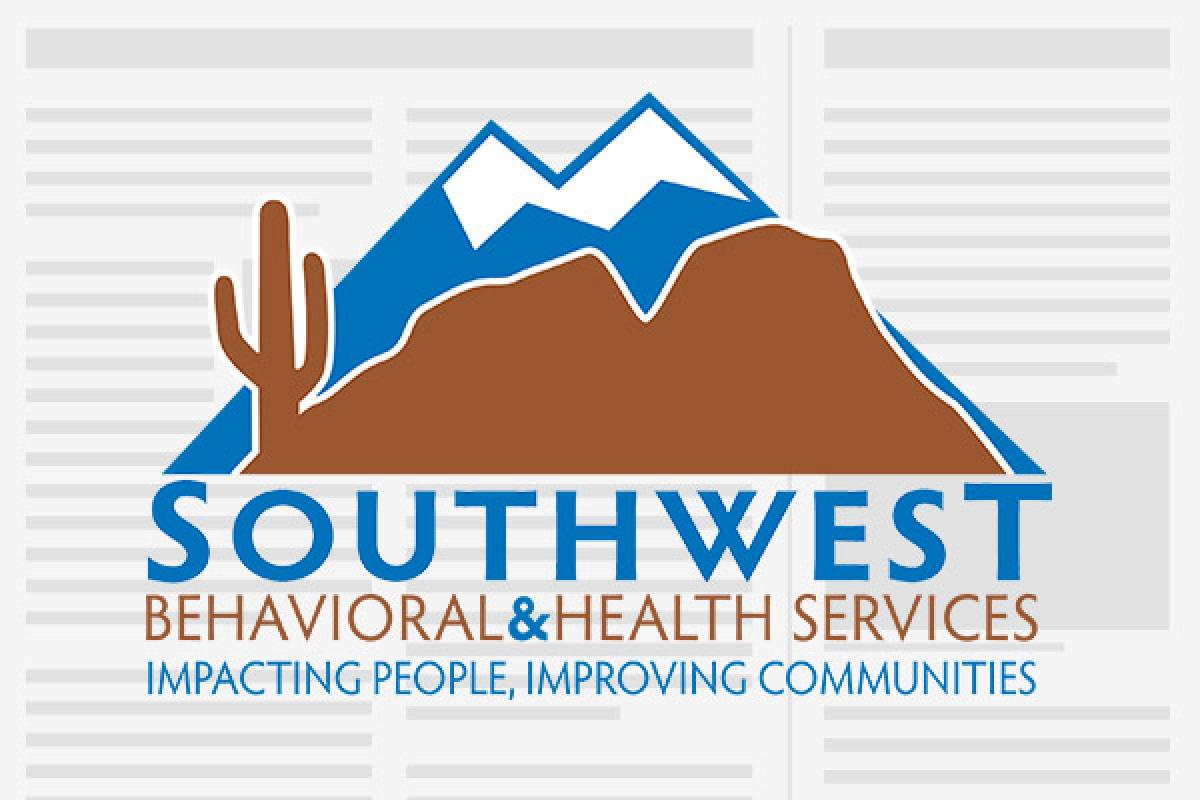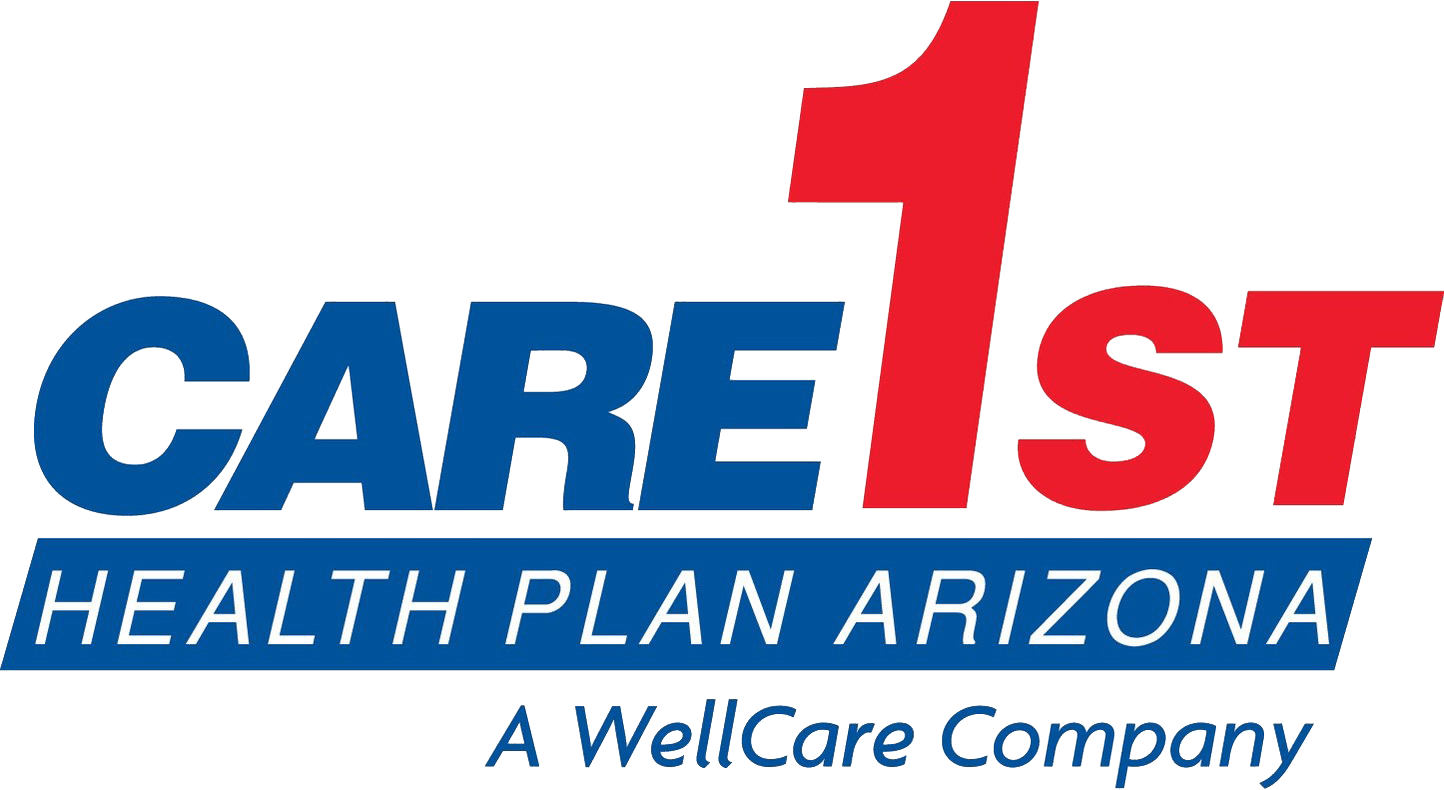
Talking to your kids about making smart decisions when they’re faced with situations involving drugs and alcohol is pivotal while they’re in middle school. Since the average age when kids try drugs for the first time in Arizona is 13, it’s safe to assume that they’ve already been exposed to drugs or alcohol. We know it seems young, but by being aware of this reality you can take the effective steps to encourage your teens to be healthy and drug-free.
It’s important to stay involved in your kid’s life and to talk about the risks of drugs and alcohol with them. Having an open line of communication allows them to be less likely to use. Even if your child says they don’t need your guidance, they are much more open to it than they’ll let on. So, be sure to talk to them about their choices of friends, as drug use in teens starts as a social behavior.
Having these conversations is easier than you think. Here are some example conversations you can have with your middle school aged child:
Scenario: Your teen is starting high school – and you want to remind them that they don’t have to give in to peer pressure to drink or use drugs.
What to say: You must be so excited about starting high school. It’s going to be a ton of fun and you’ll have a great time. There’s probably going to be some pressure to start drinking, smoking pot or taking other drugs. Many people feel like this is just what high school kids do, but it’s not true. Many teens don’t, which means it won’t be weird if you choose not to drink or use drugs either. You’ll be faced with a lot of decisions, and you might even make mistakes. Just know that you can talk to me about anything – especially if you do make a mistake. I want you to count on me to help you make smart decisions and stay safe.
Scenario: Every time you ask your teen how their day was you get a mumbled, “whatever, it was okay” in return.
What to say: Skip asking general questions like, “How was school?” Instead, ask specific questions on topics that interest both you and your teen. For example,
- Tell me about the pep rally yesterday
- What are the cliques like in your school
- Fill me in on your chemistry lab test
Scenario: You find out that kids are selling prescription drugs at your child’s school. Your child hasn’t mentioned it and you want to get the conversation about it started.
What to say: I was talking to another parent that has a child at your school and found out that there are kids selling pills – prescriptions that either they are taking or someone in their family takes. Have you heard about kids doing this?
Here are some additional tips on talking with your child to help them live a healthy and drug-free life:
- Give compliments – Giving positive reinforcement goes a long way in preventing drug use among teens. Don’t shy away from giving your kid positive comments about their life or who they are as an individual.
- Mention their interests and daily ups and downs – Talk about what your kid is interested in – as you probably know, those interests can change a lot at their age. When doing so, it builds trust between you and your child, which allows them to turn to you when they are faced with negative situations.
- Bring up drugs – It’s important that your child’s anti-drug education through school isn’t their only resource for information – be your child’s additional resource rather than their friends. You can ask them what they have already learned about drugs in school and then continue with that topic or introduce new topics.
- Reinforce rules and expectations – Establish a pattern of setting clear rules and consequences for breaking those rules. This applies to no-use rules about tobacco, alcohol and other drugs as well as curfews and homework.
It’s also worth noting that middle school is when your child really begins to be extremely concerned with their physical appearance. Tell them about a time you saw a friend or acquaintance get sick from alcohol and then reinforce the negative impression it left. The long-term effects that tobacco, alcohol and other drugs have on the body can be severe. By explaining these effects to your kid, it will help them understand the dangers and damages drugs and alcohol cause.














